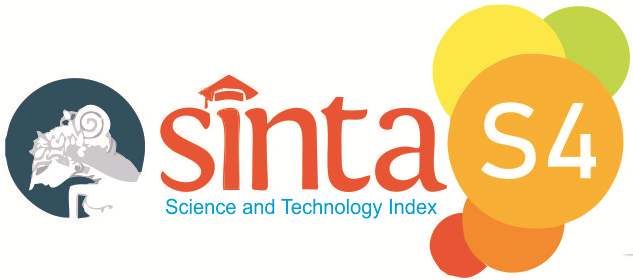PENDESAINAN SOAL PEMODELAN MATEMATIKA UNTUK MEMPROMOSIKAN KEMAMPUAN PROBLEM-POSING SISWA
DOI:
https://doi.org/10.32332/linear.v5i1.8828Keywords:
Pendesainan, Soal Pemodelan, Pengajuan MasalahAbstract
Problem-posing matematika sangat penting dalam pendidikan matematika, tetapi kurang mendapat perhatian dari siswa, guru, dan peneliti. Rumusan masalah penelitian ini adalah mendesain soal pemodelan matematika untuk mempromosikan kemampuan problem-posing siswa di sekolah dasar yang valid. Penelitian ini menggunakan pendekatan Design Research tipe penelitian pengembangan yang dikembangkan oleh Akker, Gravemeijer, McKenney dan Nieveen. Penelitian pengembangan ini terdiri dari 3 langkah yaitu analisis, desain dan evaluasi. Langkah analisis, analisis siswa, kurikulum, pemodelan matematika dan masalah dunia nyata diimplementasikan. Langkah desain, desain dan produk. Langkah Evaluasi formatif, peneliti menggunakan desain evaluasi formatif yang terdiri dari self-evaluation, one-to-one, expert review, small group, dan field test. Instrumen riset ini adalah soal pemodelan matematika konteks paket ulang tahun. Data dianalisis dengan menggunakan metode analisis deskriptif: (1) walk through, analisis berdasarkan komentar ahli dalam tinjauan ahli untuk mendapatkan soal pemodelan matematika yang valid untuk meningkatkan kemampuan pengajuan masalah siswa; (2) Menganalisis hasil review secara one to one. Riset ini hanya sampai pada one to one. Berdasarkan validasi ahli soal pemodelan sudah baik dan menantang. Siswa berkomentar bahwa soal pemodelan ini menarik dan bagus. Siswa dapat mengajukan soal matematika sekaligus menyelesaikannya dari situasi paket makanan ulang tahun. Sehingga, diperoleh soal pemodelan matematika menggunakan konteks paket ulang tahun yang valid untuk mempromosikan kemampuan problem posing siswa sekolah dasar.

















